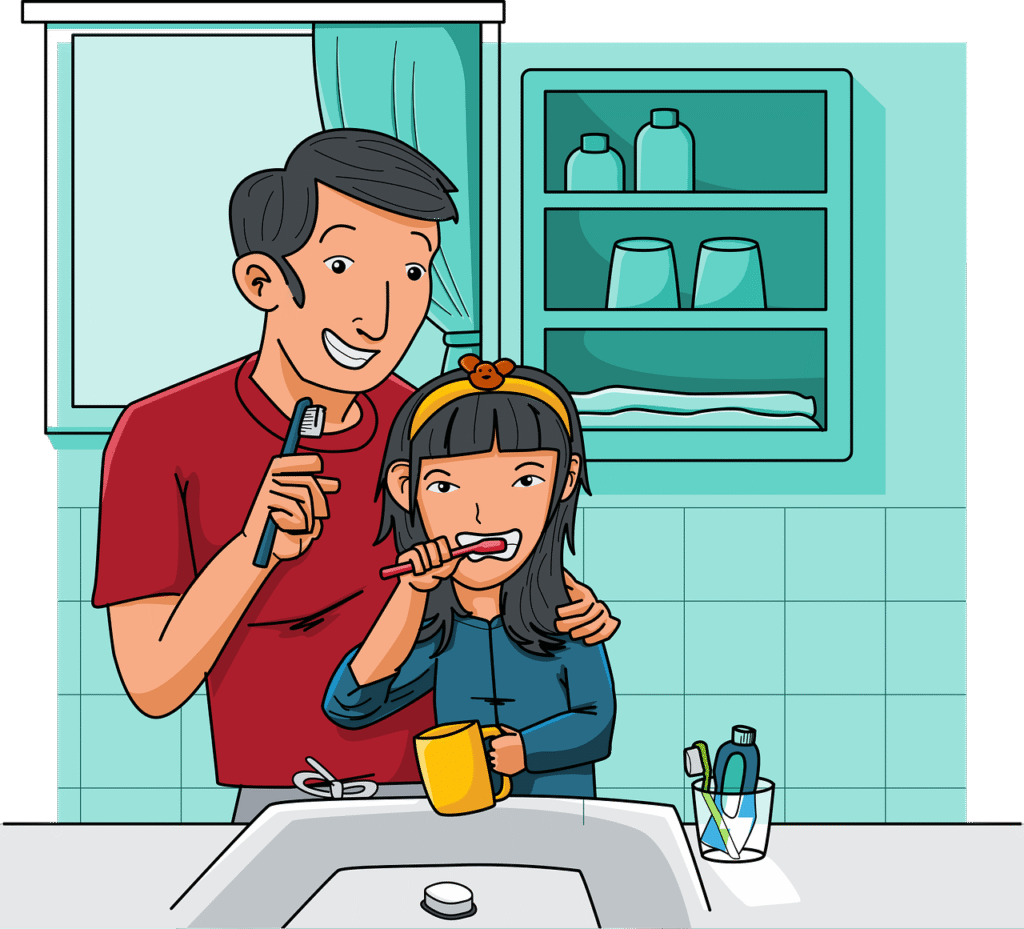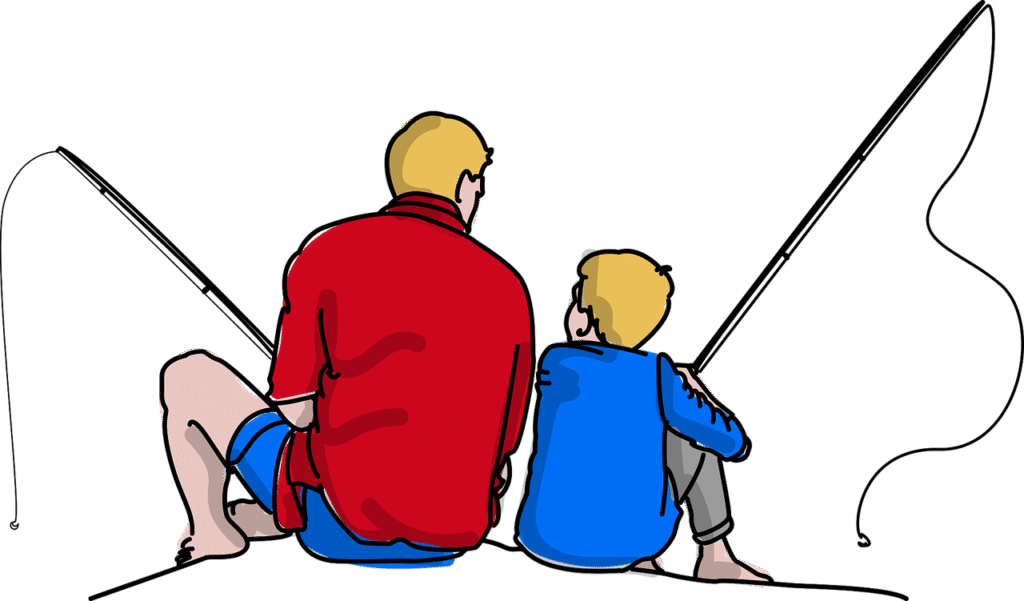In recent years, I've observed a troubling phenomenon in the effortless parenting of children and adolescents: the tendency to provide them with comforts and opportunities without demanding an effort commensurate with what they receive. While the desire to offer them the best is understandable, when this is done without fostering responsibility, the result can be a generation unable to value and recognize what they have, to face adversity, or to capitalize on the advantages they've been given, living trapped in a bubble. 🤔

The problem of the lack of demand in parenting
Many young people today grow up in environments where everything is given to them without any effort:
- Access without merit: They enjoy privileged education, technology, travel, and recreational activities without having contributed anything to obtain them. ✨
- Excessive protection: Their problems are solved by their parents or relatives, preventing them from developing conflict management skills.
- Lack of basic responsibilities: They are not required to help out around the house or take on age-appropriate tasks, and when they resist collaborating, there is no demand; instead, it is the parents who give in first. It is like a battle that the parents always lose.
- Systematic elimination of frustration: They are kept away from any difficulty, preventing them from developing resilience, maintaining a threshold of frustration tolerance very low, which makes even the smallest issues frustrate them and give up. 🛡️

When a child gets used to receiving without giving, to expecting solutions without acting, and to wanting without working, an insecure, dependent adult who is ill-prepared for reality is formed.
The role of adults: Facilitators or trainers?
The responsibility of Teaching the value of effort falls on parents, caregivers and educators. The home should be the first place where fundamental principles are instilled:
- Progressive responsibilityFrom simple tasks (like tidying their room) to more complex tasks, depending on their age. It's not about exploitation, but about teaching that everyone contributes to the functioning of the family. 👨👩👧👦
- Effort as a requirement: If you want something, you must understand that there is a process to achieve it—whether through study, work, or fulfilling obligations. This also makes you more empathetic by recognizing the effort that another made to obtain what they receive.
- Frustration as learningYou don't always get what you want, and that's part of life. Avoiding all conflict only postpones their inability to handle future failures. And if something small makes them frustrated and give up, how are we going to have children capable of facing big, life-changing challenges?
- Guided autonomy: Instead of solving their problems, it is more helpful to guide them to find their own solutions.
- Coherence between speech and actionAdults must lead by example, demonstrating discipline, perseverance, and responsibility in their own lives.

Consequences of irresponsible parenting
The consequences of this educational model are reflected in adulthood:
- Early dropout: Young people abandoning projects at the first difficulty. 🚩
- Job instability: Adults without discipline or commitment, unable to hold down a job, full of excuses to hide their insecurities.
- Dependent mentality: They expect others to solve their problems instead of taking on their own role.
- Chronic dissatisfaction: They have never experienced the gratification that comes from personal effort.
Final reflection: Balance between support and demand
Offering opportunities to young people is valuable, but if they are not accompanied by responsibility, they become empty privileges. Raising responsible people does not mean denying them well-being, but rather teach them that every significant achievement requires commitment. ⚖️ The real challenge lies in finding the right balance: providing tools without removing the obstacles that build character. In my personal experience, what most strengthens self-esteem is feeling capable of achieving what once seemed impossible: overcoming frustration, overcoming an obstacle, and realizing that you can get back up. Therefore, if we want self-confident children, the key is to provide them with tools and support them so they learn to face life.

Have we normalized a parenting style that, rather than preparing, incapacitates? I invite an informed discussion: Where do we draw the line between support and overprotection? 💬


